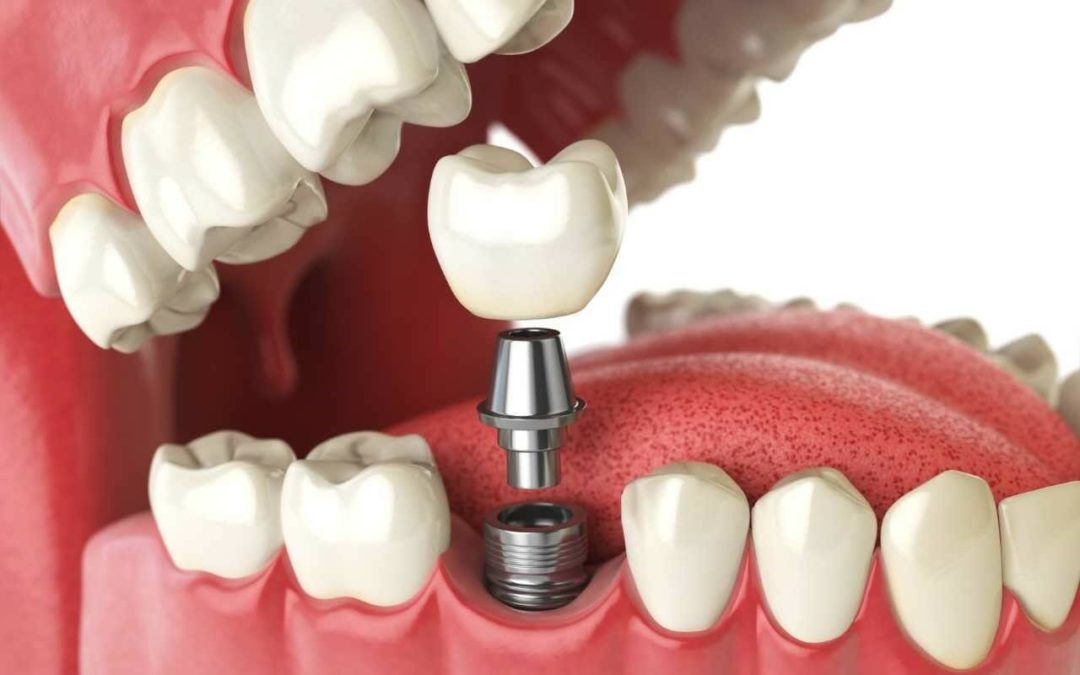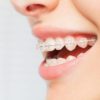The agony and the ecstacy has always been something that Geminis in particular understand. The bipolar individuals have a number of plus-sides – they can usually see both sides of an argument – which makes them indecisive. They embrace progressive ideas and creativity – which can land them in all sorts of trouble – and they tend to have mixed feelings about titanium dental implants – do they get the dental chasm filled so they can return to near-perfect teeth, or do they just focus on other things, don’t worry about the missing tooth or teeth, and live happily ever after with $4000 still in their pocket?
With the advancement of dental implant technology around Australia, most dentists are proud to offer dental implant procedures, by their experienced clinicians at what they call an affordable rate. Well of course a perspective on costs depends on how much money you have.
All dentists understand that costs play a significant role when making a decision on your health; and as such, they encourage our patients to think about a few questions such as:
What are the quality of the implants & materials used?
Is there enough bone for implant surgery or is bone grafting required?
Are the titanium implant crowns natural looking or fake looking?
Does the clinic use local team of master technicians or do they outsource their work overseas?
What are the long term health costs of NOT going ahead with the implant procedure?
How experienced is the dental implant surgeon?
On the positive side, one Geminis have already thought about, titanium is compatible with bone so your dental implants will usually be accepted by the immune system.
When teeth are lost because of disease or an accident, dental implants may be a good option. You may want to choose dental implants if you:
hide your smile because you have missing teeth
wear dentures that are uncomfortable
are dissatisfied with your removable partial dentures
want to keep your other teeth intact
Many people choose implants to replace a single tooth or several teeth or to support a full set of dentures. Implants are posts surgically placed into the upper or lower jawbone. They replace the root of one or more missing teeth.
Dental implants are made of titanium (a strong, lightweight metal) and other materials that are well accepted by the body. More than 5 million implants are placed each year by dentists in the USA. Per capita Australian dental implants are more commonly used than all other OECD nations. You should always read up by checking out a range of dentists’ websites as well as reading independent medical journals where you bypass the positive sales speak and find out the cons, not just the pros.
Benefits of dental implants
Implants offer firm support to dental prosthetics. Dentures, bridges or single teeth attached to the implants won’t slip or shift in your mouth-a very important benefit when eating and speaking.
This secure fit also helps dental prosthetics feel more natural than typical bridges or dentures.
Some people may find implant-supported dentures more comfortable than dentures that do not use implants.
Where teeth are missing, dental implants also help keep the jawbone from shrinking.
Implants are a good value, because they can last a lifetime with good care.
Dangers/risks of Dental Implants
Just one of the risks of a number of them is corrosion as outlined in the article:
Corrosion is defined as the spontaneous and progressive loss of material and is caused by the surrounding environment. Pure titanium is corrosion-resistant within controlled environments and in the absence of load. However, under oral conditions and in combination with cyclic loads, titanium can corrode, thereby affecting the mechanical stability of the implant. In addition, metallic debris produced after implantation may induce an enhanced inflammatory response or contribute to a hypersensitivity reaction. There are many types of corrosion associated with metallic implants, such as galvanic, fretting, pitting, and crevice corrosion.
Galvanic corrosion often occurs when two different metallic devices are connected by an aqueous path (e.g., saliva), and it can greatly affect the mechanical stability and ultimate outcome of dental implants. The basic unit of electrochemistry is the electrochemical cell, which is composed of an anode (titanium screw), a cathode (metallic fill), and an electrolyte (saliva). The electrodes connected in a circuit equalise their potential difference. Consequently, electrons are both generated and consumed. The current produced by the ion flow is used to measure the corrosion rate of a metal and is directly related to the material lost. The products yielded by corrosion may have cytotoxic or even neoplastic effects on the tissue surrounding the implant.
Fretting corrosion arises due to disruption of the protective layer on titanium screws. Pitting corrosion results from the spontaneous breakdown of the passivating film on a flat or overexposed area. Crevice corrosion is associated with uneven surfaces.
Corrosion of metallic implants may jeopardise the mechanical stability of the device, as well as the integrity of the surrounding tissue. Moreover, metal traces originating from implants have been proven to disturb homeostasis (e.g., DNA synthesis, mineralization, and mRNA expression of alkaline phosphatase). They have been found within the liver, the lungs, the lymph nodes, and the bloodstream. The electrical implications of corrosion on the surrounding tissue remain unclear. However, it has been shown that electrical currents generated during corrosive events are amplified by cyclic loads (i.e., chewing; biting). It is suggested that the surrounding tissues are chronically exposed to abnormal electrical signals.
Peri-implantitis will always be a risk especially with second molars and there are further risks such as Biofilm and metal hypersensitivity. Titanium-induced hypersensitivity can lead to symptoms of implant rejection. Corrosion and biofilm formation are additional situations in which these symptoms may occur. For medical purposes, it is important to define and discuss the characteristics of metals used in implantable devices and to ensure their biocompatibility. To avoid hypersensitivity reactions to metallic dental implants, precautionary principles for primary prevention should be established.
However overall and in the majority of cases, dental implant therapy currently promises a good long-term result without impacting health.
Single tooth implants
The single tooth implant replaces the missing tooth’s roots. A single tooth implant is a stand-alone unit and does not involve treating the teeth next to it.
If you are missing one or more teeth, there are many reasons why you should replace them:
You may not like how the gap looks when you smile.
Missing teeth may affect how you speak.
A missing molar tooth can make it harder to chew.
When a tooth is lost and not replaced, the teeth around it can shift.
Bone loss can occur around the missing tooth. This may cause the remaining teeth to become loose over time.
Loss of teeth and bone can change your facial structure making you look older.
Implant-supported bridges and dentures
Dental implants can be used to support a bridge when several teeth are missing. The implant-supported bridge replaces the lost natural teeth and some of the tooth roots. Unlike traditional bridges, an implant-supported bridge does not need support from the teeth next to it. If you are missing all of your teeth, an implant-supported denture can replace the missing teeth and some of the tooth roots. Because the dental implants integrate (or “fuse”) with the jawbone, an implant-supported denture tends to be comfortable and stable, allowing you to bite and chew naturally.
So if you’re any other zodiac sign that’s not Gemini, you’ve probably been able to read this article and form an opinion of whether to proceed or forget it. For Geminis, however, the search for certainty goes on.






